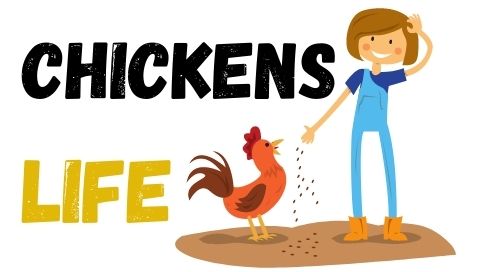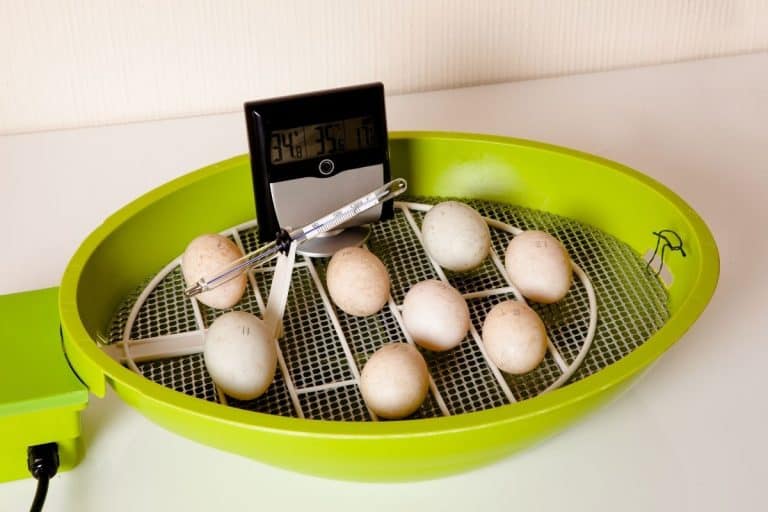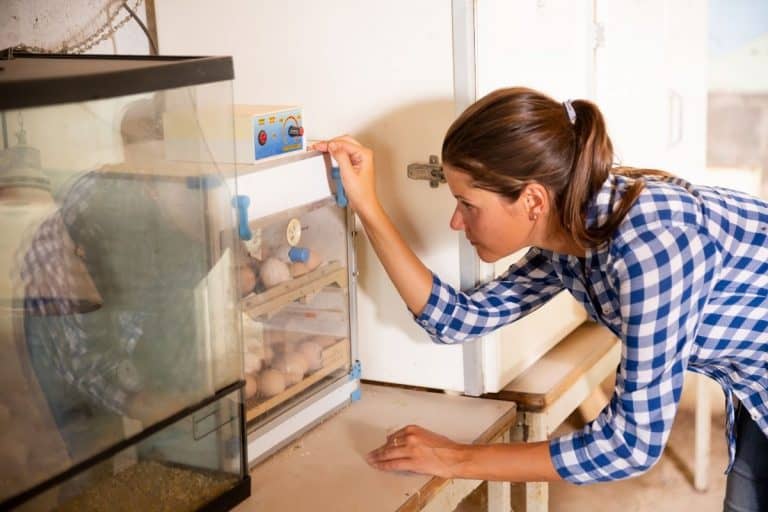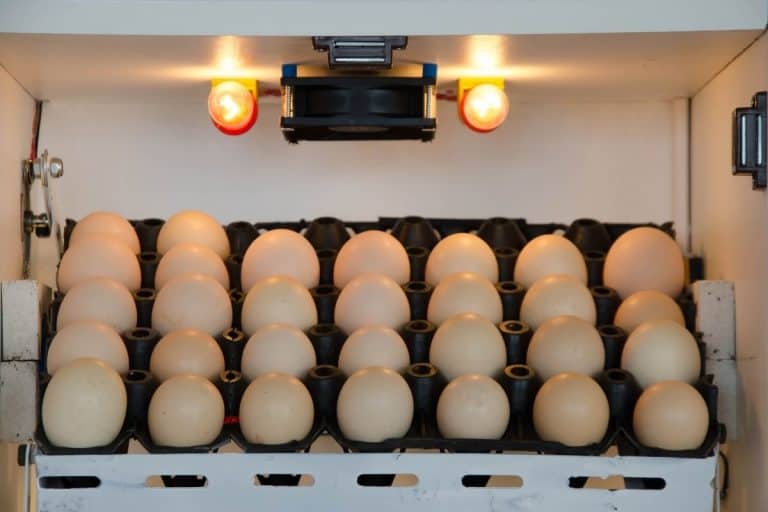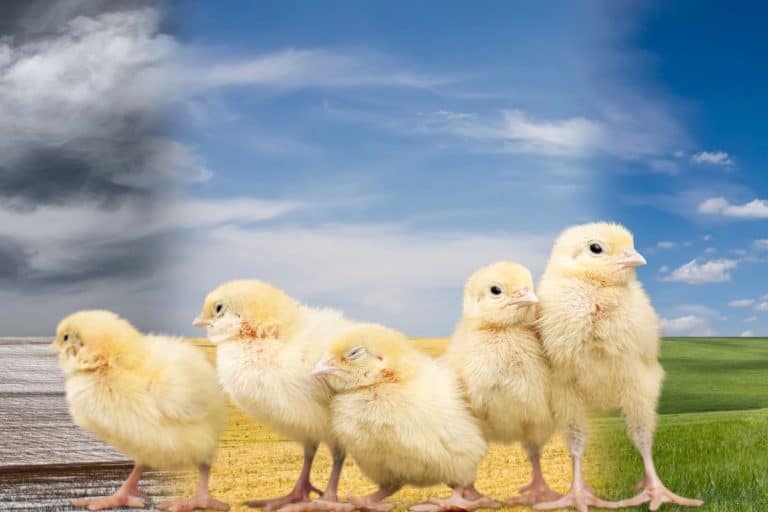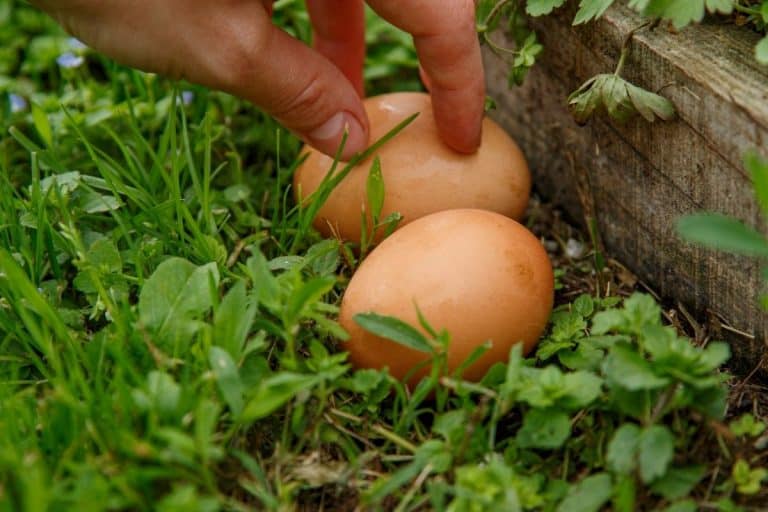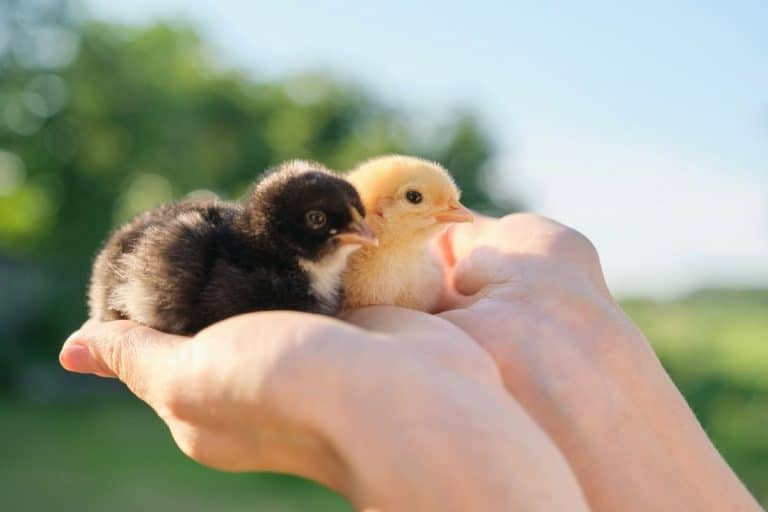When Does A Baby Chicken Leave Its Mother?
Watching a mother hen with her little chicks running around at her feet can be an adorable sight! The fluffy down-covered babies love to follow around their mom, scratching and pecking at the ground in imitation of her. As the chicks grow up, the question becomes, when is it safe to take them away from her? This answer depends a lot on the environment and the mother hen, ultimately they will decide when it is time to fly the coop, so to speak.
The mother hen and her chicks will go their separate ways when nature deems them ready to, usually around 6 to 8 weeks of age.
You should always allow nature to run its course with mother hens and their chicks. Never rush the process as young chicks are delicate! This article will elaborate on why you shouldn’t rush a hen or her chicks to separate, the role that she plays, and how the mother feels once her young move on.
Hey chicken buddies: Quick heads-up before going further! I've put together a list of stuff I use and love for my flock. If you're curious about what keeps my hens happy, click here to find out.
How Long Do Chicks Stay With Their Mother Hen?
While this answer does depend on the mother, it is most common for them to watch after and care for their chicks until they are about 6 to 8 weeks old. She will know when it is time for them to move on and take her opportunity to resume normal life with her flock again.
If the weather is cold or harsh, then mother hen may stay with her chicks for an extra week or two. In rare cases does a healthy and happy chicken need help to raise her babies.
The Silkie chicken breed will stay with their mothers for AT LEAST 8 weeks!
Wait, I have some recommendations for you!
Before you go any further, I want you to take a look at some of the recommendations I've handpicked for you. I think these are essential items you should have for your chickens flock. You can check them out and buy them directly from Amazon.
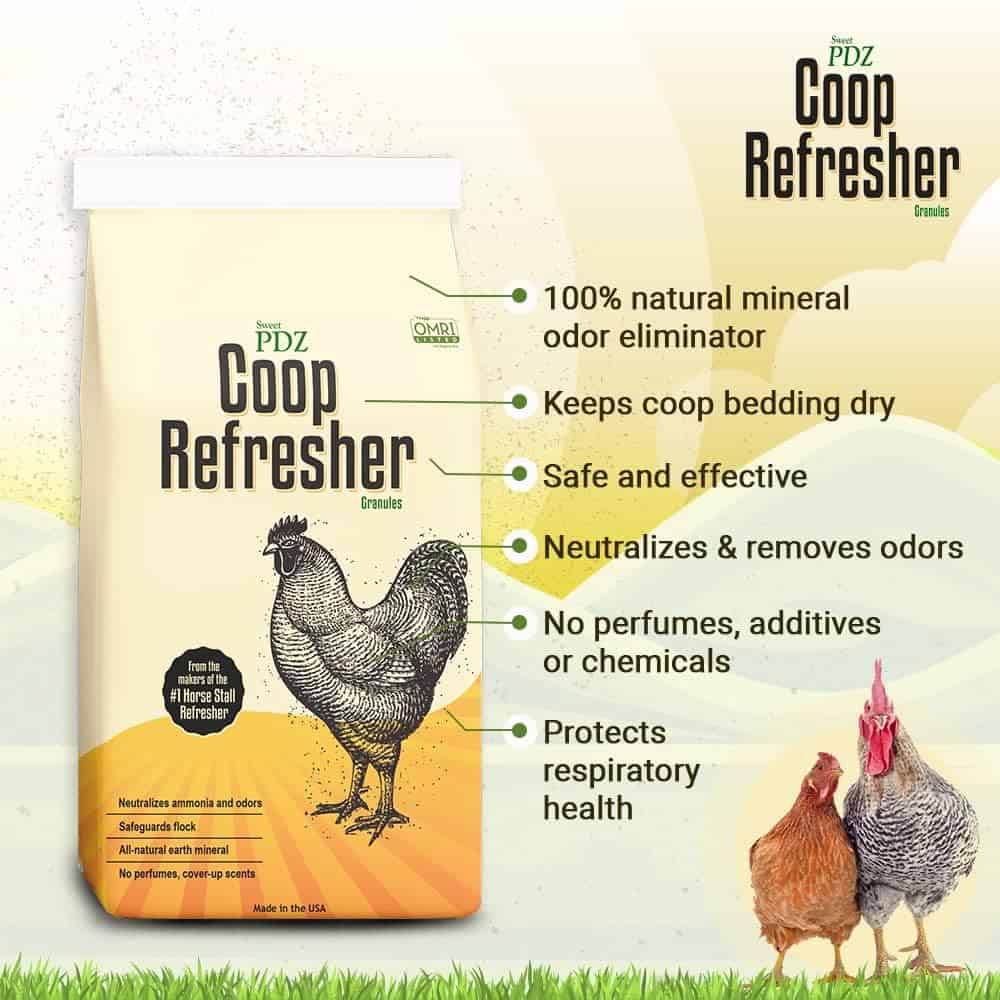 | 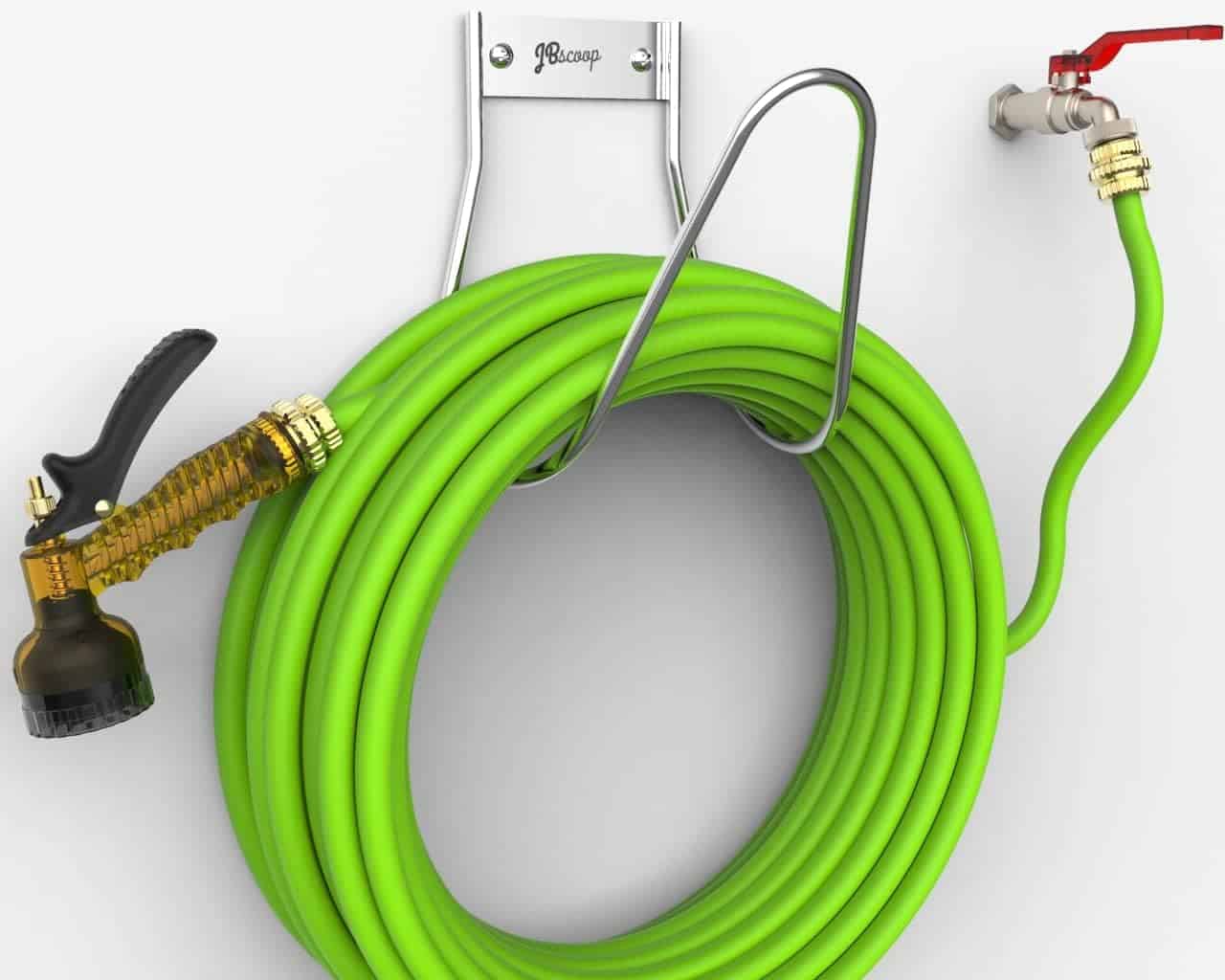 | 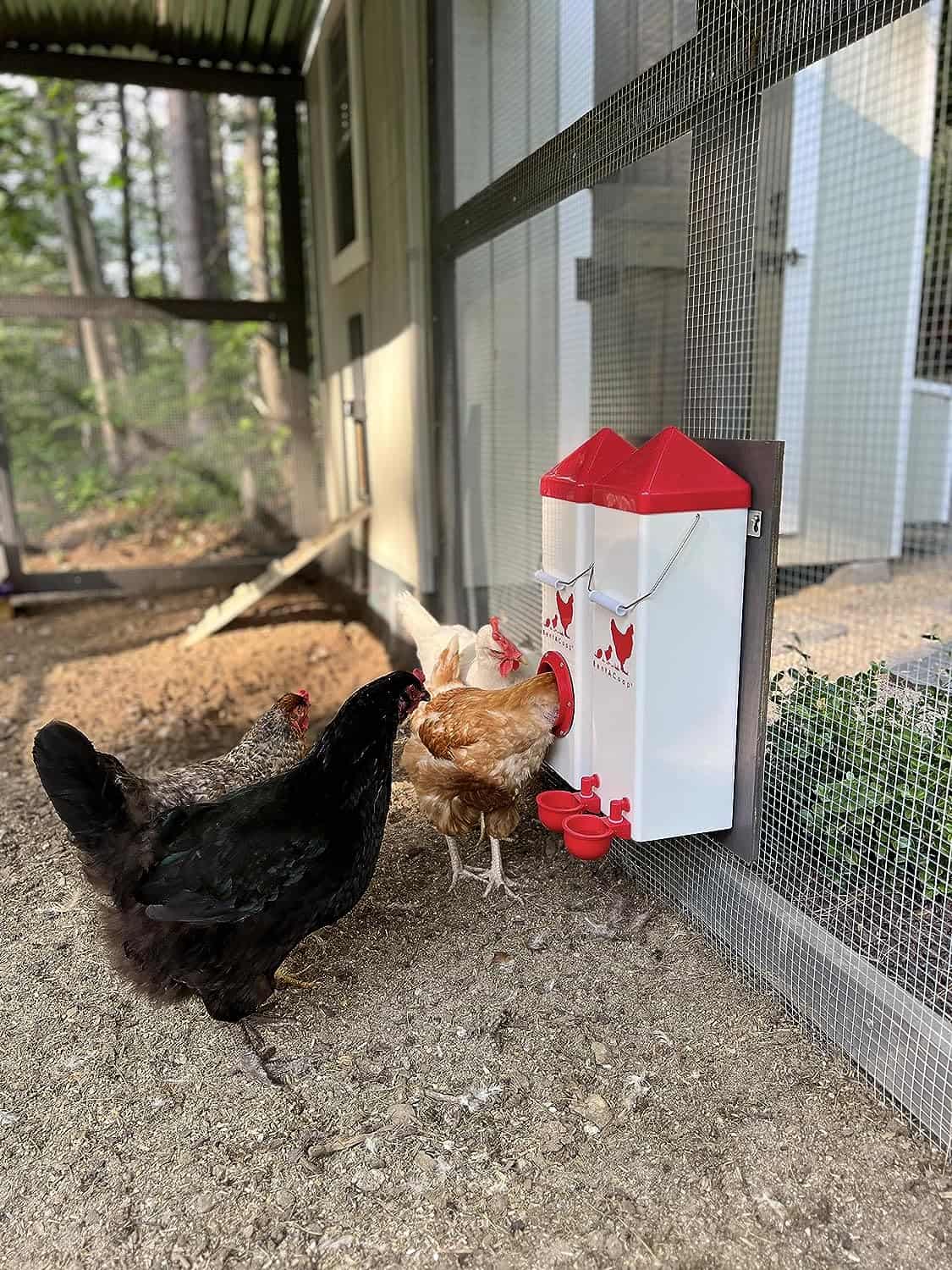 | 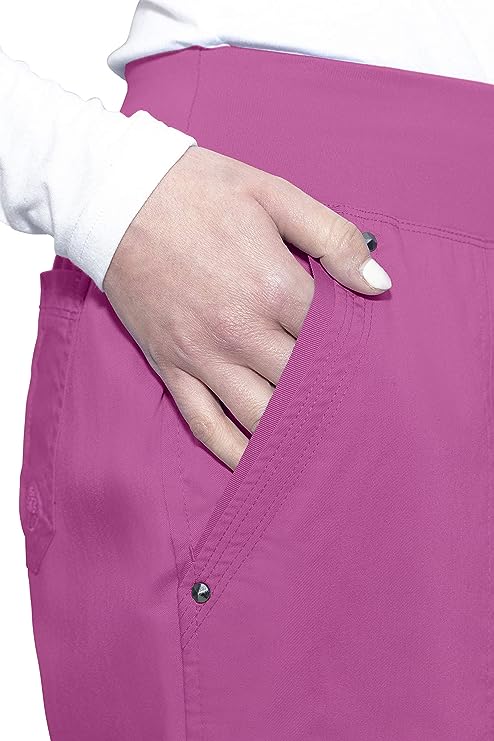 |
| Essential accessory for your coop | No more tripping over hoses! | Predator protection made easy | Comfort + style is possible |
How Does A Mother Hen Look After Her Chicks?
Hens have several jobs as mothers; they are the protectors, the heaters and the teachers of their young. It’s a full-time job of defending her chicks from danger, keeping them warm and showing them the ropes of what it means to be a chicken.
Protection
Broody hens will sometimes show aggression towards strangers or animals they view as a danger to their babies, puffing up and flapping their wings, telling them to stay away. Some mothers may even peck and fly at whatever is offending them and their young.

Mothers will herd their young away from anything they view as a danger, even other hens and chicks. Sometimes they may even peck at and injure other babies if they come too close or try to intermingle with their young.
Warmth
Maintaining appropriate body temperature is vital for very young chicks (more details here). They will not survive if they do not stay warm, as they are extremely susceptible to hypothermia and illness while they still have their downy fluff. This is why their mother is crucial in their survival just with her body heat alone.
A chicken’s core body temperature is usually between 105-107℉. She is essentially a little heater that they retreat to the security and warmth of whenever they feel like they are getting too cold. Huddling in a group underneath their mother or climbing under her wings is enough heat to keep them safe and warm.
Food
Chickens are not mammals; therefore, they do not have milk to feed their young. The chicks have to learn quickly how to scrounge and scratch the ground for starter feed. Their mother hen will usually start teaching them right away how to find their food by demonstrating and showing them where the feed is.
It is normal for you to provide your chicks and the hen with the same starter chick feed. It has some extra nutrition that is very good for the momma hen to eat in the first few weeks of the young one’s lives.
Starter feed
A starter feed is the scratch you would throw down for the hen and chicks to pick off the ground for sustenance and nutrition. It is typically over 15% protein, and the babies should ingest it for at least the first 18-20 weeks of life. From there they can be maintained on a lower protein adult diet.
Why Should You Separate The Mother Hen From The Chicks?
Separating a group of chicks from their mother is a delicate subject and should only be done if absolutely necessary, especially if she hatched the eggs herself. There are a select few reasons why you would want to separate a mother from her young. Matters of illness and safety and well as dangerous and harsh weather conditions are situations where removal may be warranted.
Illness
If your hen becomes unfortunately sick or injured while she is still raising her chicks, then the first thing to do is to set up a brooder box with a heat lamp or other appropriate heat source for the chicks, then separate the mother.
While it stinks to have to separate mom from the babies, being alone will help her heal faster so she can get back to them as quickly as possible.
Safety
There can be times where safety is a concern with young chicks. If the babies are in danger of a predator and mother hen can’t keep them safe enough then it may be necessary to move them to a brooder box.
In rare circumstances, a mother hen doesn’t like her role and will act out and injure her young. The babies must be moved to a safe location, such as a brooder box, to avoid further damage.
Roosters are known for attacking and killing chicks because they’re an unwanted distraction. In my opinion, it is a good idea to keep roosters away from baby chicks, even a friendly rooster, especially while they are at their smallest and most fragile age.
Bad weather conditions
Bad weather is a very good reason to remove the chicks to the safety and warmth of a brooder box. If the cold gets too far below freezing and you do not have an adequate amount of supplemental heat in the chicken coop, then you will have to move the chicks inside. Momma hens body heat can only go so far in some conditions.
Do Hens Get Sad After Taking Their Chicks?
It is safe to say that if the hen acts mopey or depressed after her young have been taken from her then she probably is sad.
It does depend on the chicken whether or not she will get upset or sad if you were to take away her chicks. Many hens will put up a bit of a fight or fuss when removing her babies, some won’t show much reaction at all.
There is a lot of data and science that has gone into the study of whether or not chickens can feel emotions. One particular research study conceived that chickens do indeed feel emotions like sadness, happiness and content.
Do Baby Chicks Need A Mother Hen?
Baby chicks are born with the natural instinct of knowing how to be a chicken, so technically they do not need a mother hen except for her warmth. This is the most important aspect of raising a baby chicken; they must be kept warm or they can die swiftly from hypothermia and illness.

Guidance
While it is true that chicks are born with the natural instinct to scrounge for food and seek out warmth, overall their mother hen is a positive influence on their upbringing. If you have a good momma chicken she will show them how to scratch and find food, avoid danger and learn proper socialization skills.
What Do You Do After Separating The Chicks From The Mother?
Flying the coop is honestly pretty easy for chickens. The necessary steps only depend on the age the chicks are.
Age: 6-8 Weeks Separation
If you are separating them at the appropriate age, approximately 6-8 weeks old, then you shouldn’t need to do much. At this point, they have most or all of their adult feathers and should be completely prepared for the world on their own. Simply set them free in the coop and run and watch them continue to grow up.
Age: <6 Weeks Separation
If you are separating them from their mother for a good reason before they are old enough to fend for themselves, then you will have to help them out by providing warmth, food and water. But they don’t technically need much help in figuring out how to survive beyond that. Make sure their brooder box is set up appropriately with a heat lamp, feeder and waterer and they should do just fine.
Conclusion
Separating the chicks from their mother hen is fine, as long as it’s necessary. If you are wanting to raise the babies in a controlled environment away from their momma hen then it would be best to take the eggs first and keep them in an incubator to hatch.
Essential Tools for Chicken Owners
Check my curated list of essential products!
I’ve gathered all the best products that have helped me with raising my chickens, so you don’t waste time on bad ones.
Find my complete list of recommendations here.
For more tips, guides, and recommendations, you should definitely subscribe to my newsletter.
Use the form below, it’s free.

